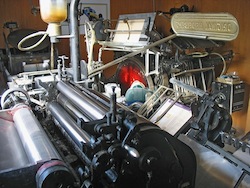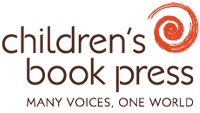Yoo Kyung Sung, University of New Mexico, Albuquerque NM
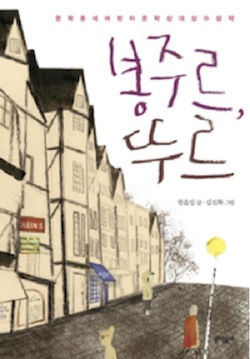 This winter, while visiting Seoul, I felt like I a special reporter assigned to a foreign country. While I am there, Seoul amazes me with its advanced technology and great public services that I wish were available to me in the U.S. Korea is busy, young, and somewhat more modern than I remember from my last visit. I go to places where crowds of foreign tourists enthusiastically hang out. People, old and new, meet at Starbucks and other European coffee franchises. They are beloved here. All of it makes me feel like I am in a real city. Watching sophisticated Korean people subtly reminds me that my new home is Albuquerque. I grew up in Korea and married a Korean man from Seoul. Visiting Korea every other year allows me to comprehend the many rapid changes in Seoul. It is my native culture, yet it is no longer home.
This winter, while visiting Seoul, I felt like I a special reporter assigned to a foreign country. While I am there, Seoul amazes me with its advanced technology and great public services that I wish were available to me in the U.S. Korea is busy, young, and somewhat more modern than I remember from my last visit. I go to places where crowds of foreign tourists enthusiastically hang out. People, old and new, meet at Starbucks and other European coffee franchises. They are beloved here. All of it makes me feel like I am in a real city. Watching sophisticated Korean people subtly reminds me that my new home is Albuquerque. I grew up in Korea and married a Korean man from Seoul. Visiting Korea every other year allows me to comprehend the many rapid changes in Seoul. It is my native culture, yet it is no longer home.
Bookstores are also places that I feel and notice changes. Selections in the children’s area as well as the young adult section are growing more rich and creative. Floods of new genres and themes in children’s literature thrill me. I just want to sit down and read them all!
As I reflect on my experiences living in the U.S. I often focus on how Korea is perceived by the many Americans I meet. When I moved to the U.S. about 10 years ago, people often tried to engage me in a conversation based on their knowledge of Korea. All too often Korea is still remembered within the context of the Korean War, fought some sixty years ago. Sometimes, younger adults ask me whether I am from South Korea or North Korea. It is obvious that they don’t recognize the difference. Before my departure on this current trip, I was frustrated with most American’s limited knowledge about Korea and the Korean War. The question, “Which Korea are you from?” seems innocent enough, yet it reveals an ignorance of the politics on the Korean peninsula.
Continue reading →
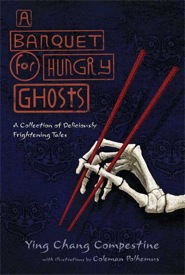
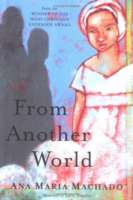


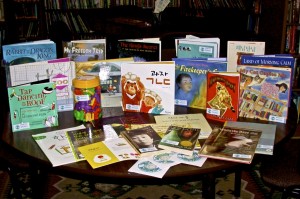
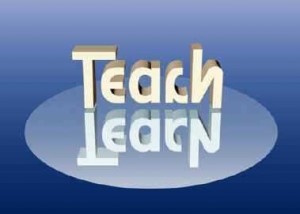
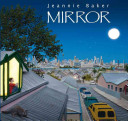 One of the lessons that I have learned as a reader of global literature is to never read a book by itself–to always read a book alongside other books. Over and over, I find that our interpretations and connections change dramatically when we read paired books or read a book within a larger text set or collection. Throughout the next month, my blogs will focus on my experiences of reading books alongside each other, most recently within a graduate course on global literature.
One of the lessons that I have learned as a reader of global literature is to never read a book by itself–to always read a book alongside other books. Over and over, I find that our interpretations and connections change dramatically when we read paired books or read a book within a larger text set or collection. Throughout the next month, my blogs will focus on my experiences of reading books alongside each other, most recently within a graduate course on global literature.